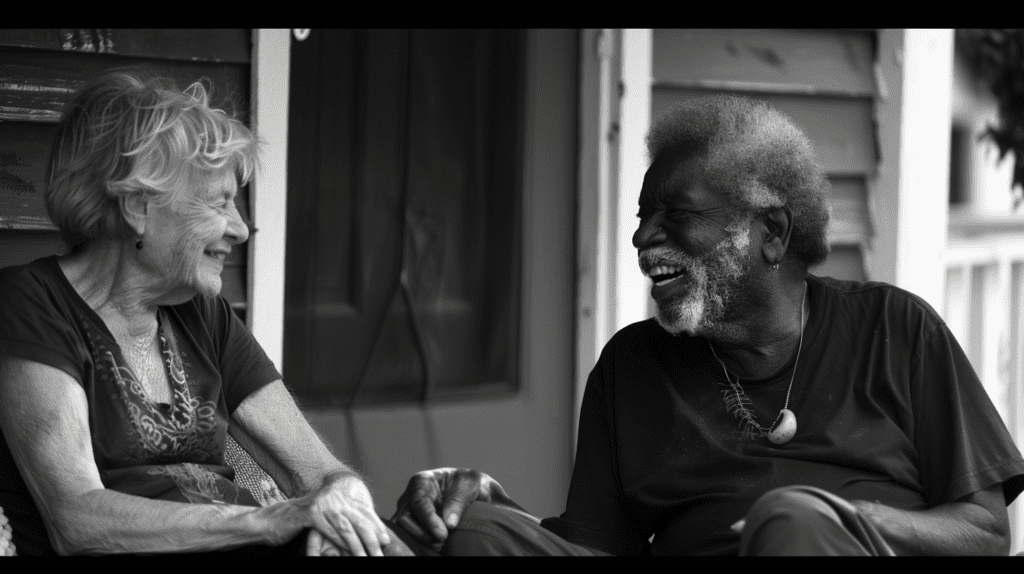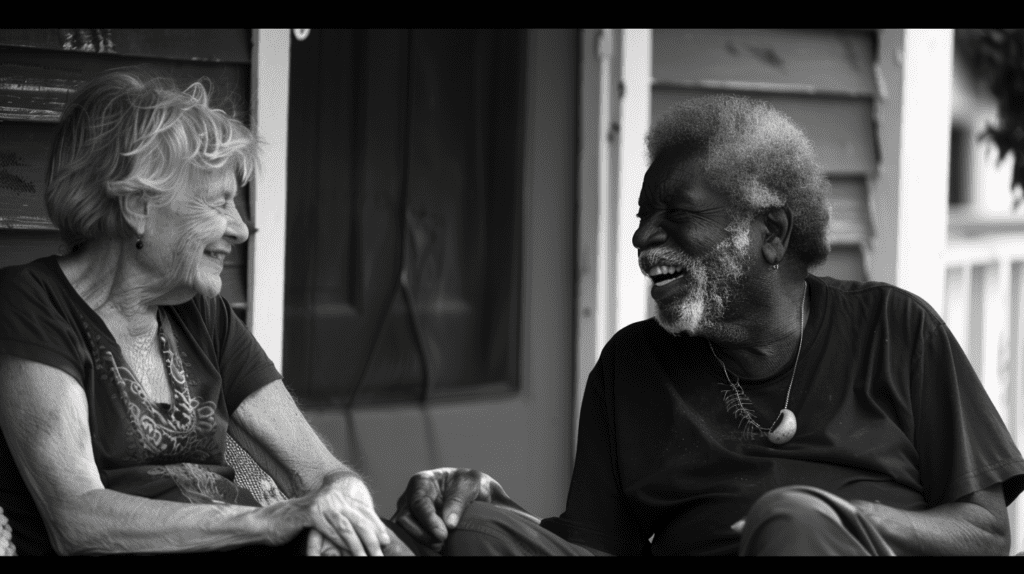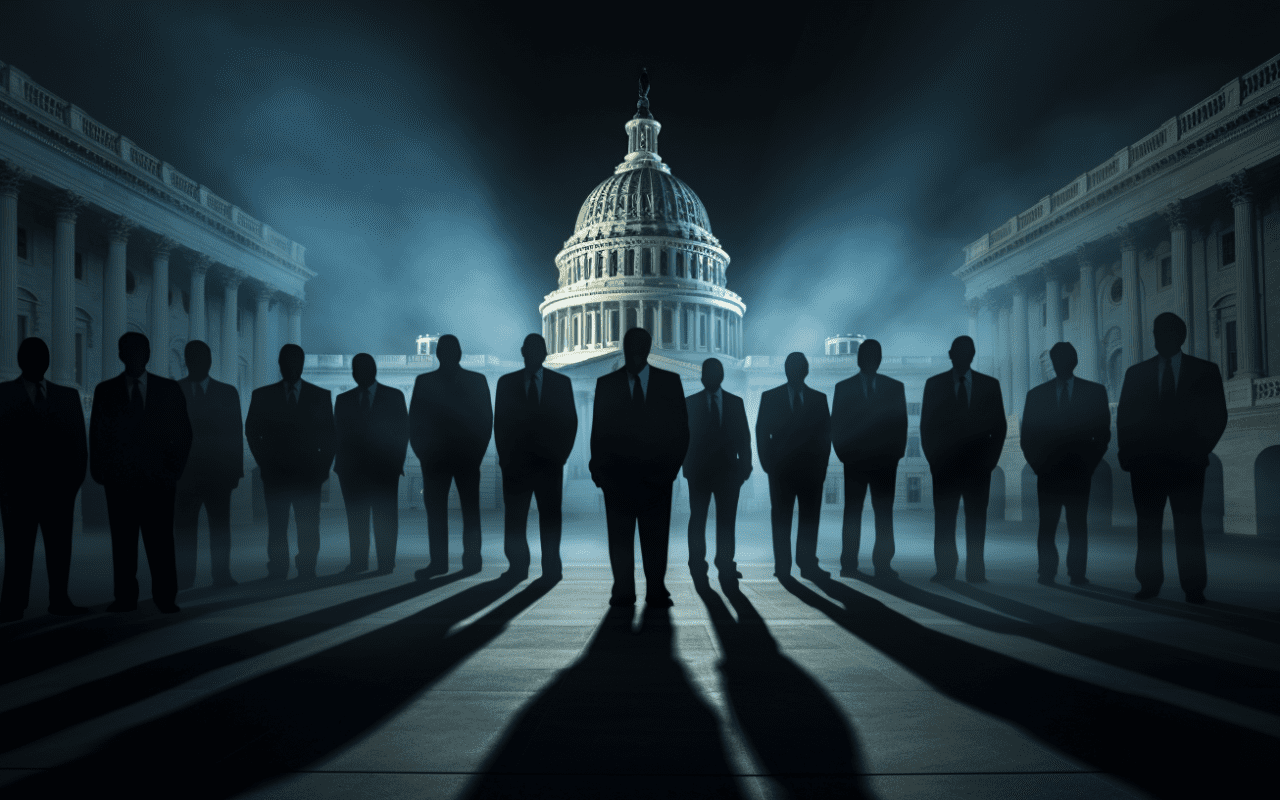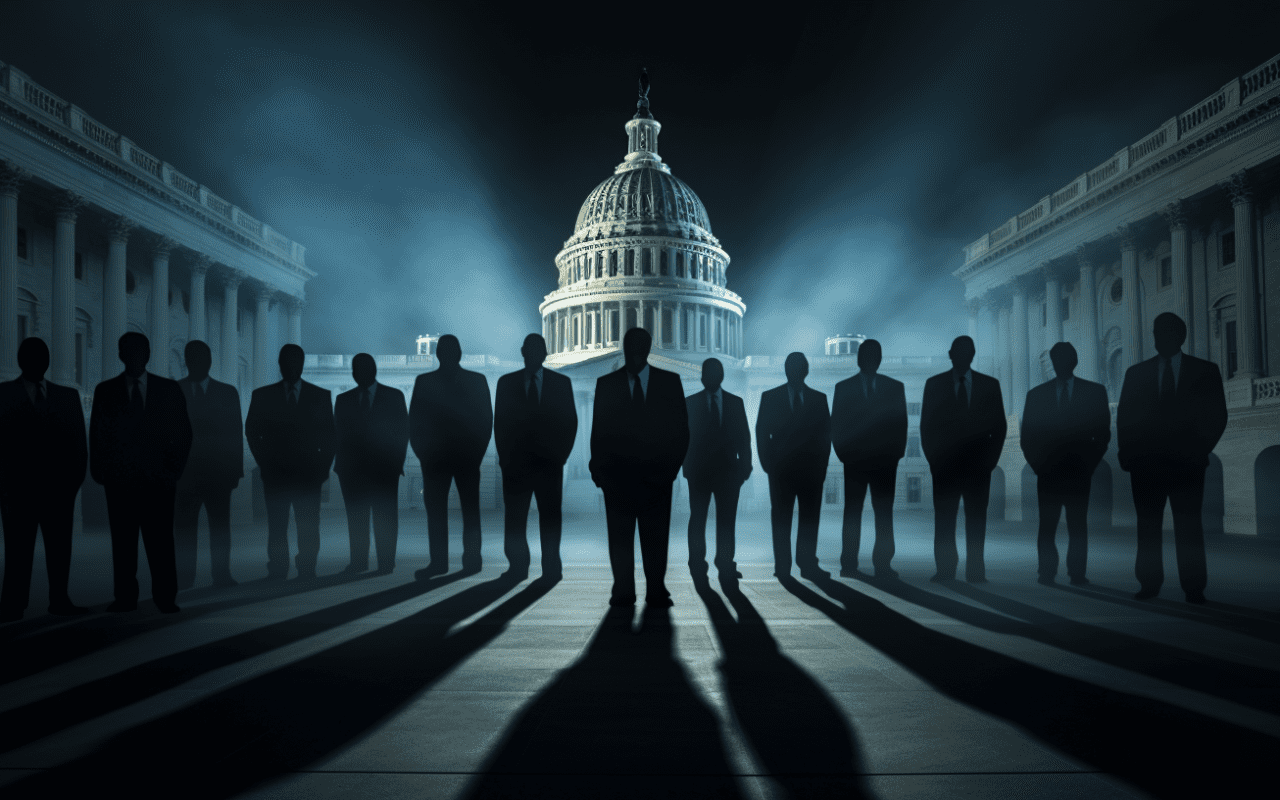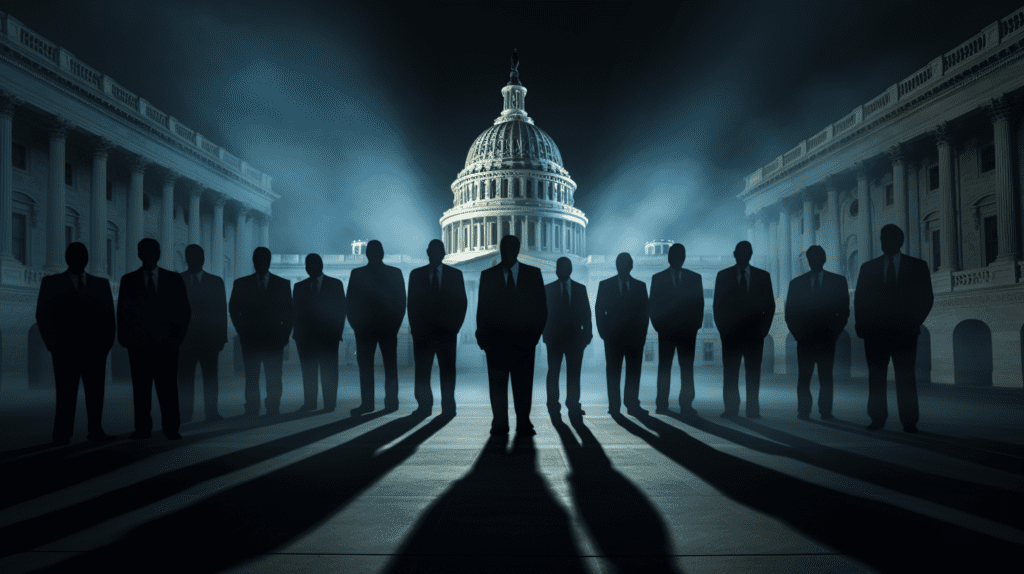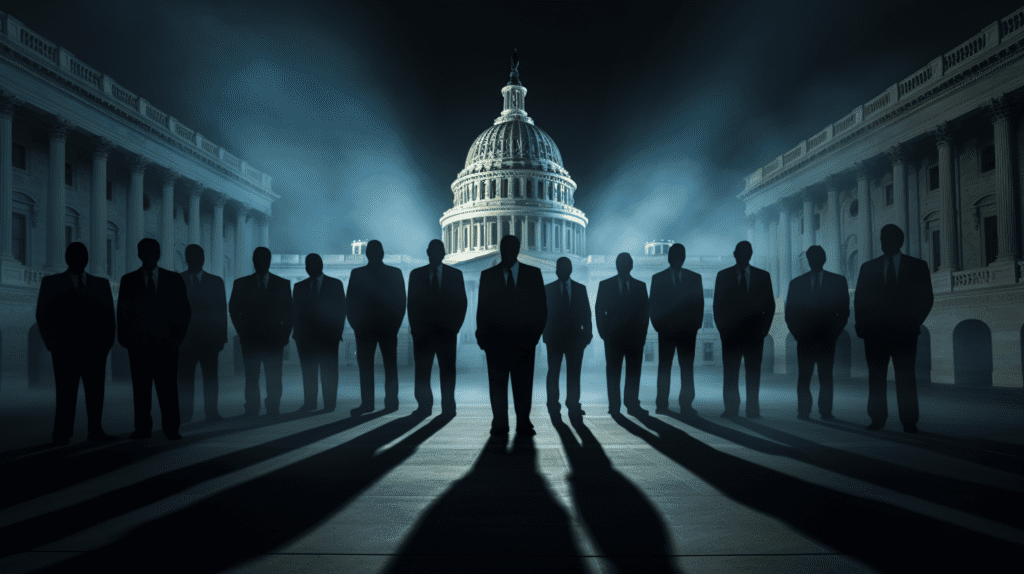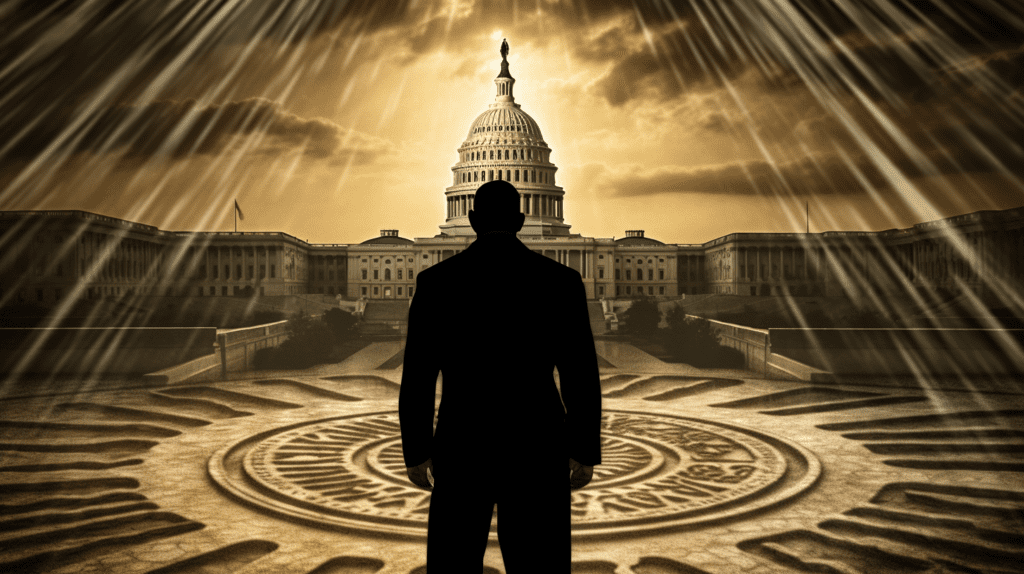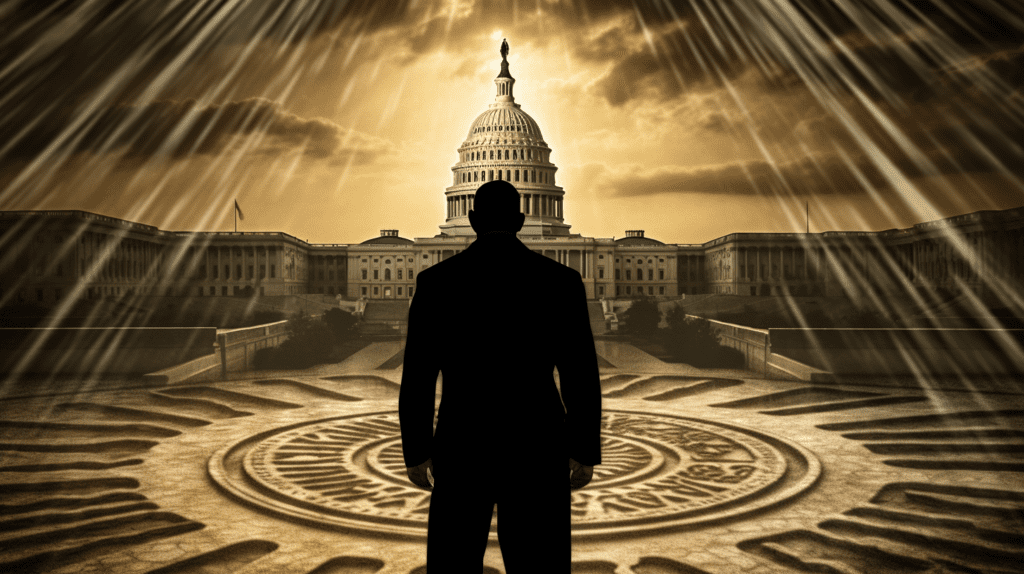An echo chamber is a metaphorical description of a situation where an individual is encased in a bubble of like-minded information, reinforcing pre-existing views without exposure to opposing perspectives. This concept has gained prominence with the rise of digital and social media, where algorithms personalize user experiences, inadvertently isolating individuals from diverse viewpoints and enabling people to remain cloistered within a closed system that may contain misinformation and disinformation.
The role of digital media and algorithms
Digital platforms and social media leverage algorithms to tailor content that aligns with users’ past behaviors and preferences. This personalization, while enhancing engagement, fosters filter bubbles—closed environments laden with homogeneous information.
Such settings are ripe for the unchecked proliferation of disinformation, as they lack the diversity of opinion necessary for critical scrutiny. The need for critical thinking is greatly diminished when we are only ever exposed to information and beliefs we already agree with.
Disinformation in echo chambers
Echo chambers serve as breeding grounds for disinformation, where false information is designed to mislead and manipulate. In these closed loops, disinformation finds little resistance and is readily accepted and amplified, bolstering existing biases and misconceptions.
We all have psychological traits that make us vulnerable to believing things that aren’t true. Whether sourced via deception, misinterpretation, conspiracy theories, propaganda, or other phenomena, false beliefs are made stickier and harder to debunk when one is surrounded by an echo chamber.
Political polarization exacerbated
Beyond the scale of lone individuals, the isolation facilitated by echo chambers significantly contributes to political polarization more broadly. As people become entrenched in their informational silos, the common ground necessary for democratic discourse dwindles. This division not only fosters extremism but also undermines the social cohesion essential for a functioning democracy.
The impact of confirmation bias
Within echo chambers, confirmation bias—the tendency to favor information that corroborates existing beliefs—becomes particularly pronounced. This cognitive bias solidifies ideological positions, making individuals resistant to changing their views, even in the face of contradictory evidence.
The real-world effects of echo chambers transcend digital boundaries as well, influencing real-world political landscapes. Political actors can exploit these dynamics to deepen divides, manipulate public opinion, and mobilize support based on misinformation, leading to a polarized and potentially radicalized electorate.
Strategies for mitigation
Combating the challenges posed by echo chambers and disinformation necessitates a comprehensive approach:
- Media Literacy: Educating the public to critically assess information sources, understand content personalization, and identify sources of biases and disinformation.
- Responsible Platform Design: Encouraging digital platforms to modify algorithms to promote diversity in content exposure and implement measures against disinformation.
- Regulatory Interventions: Policymakers may need to step in to ensure digital environments foster healthy public discourse.
Echo chambers, particularly within the digital media landscape, significantly impact the spread of disinformation and political polarization. By reinforcing existing beliefs and isolating individuals from diverse perspectives, they contribute to a divided society. Addressing this issue is critical and requires efforts in education, platform design, and regulation to promote a more informed and cohesive public discourse.







